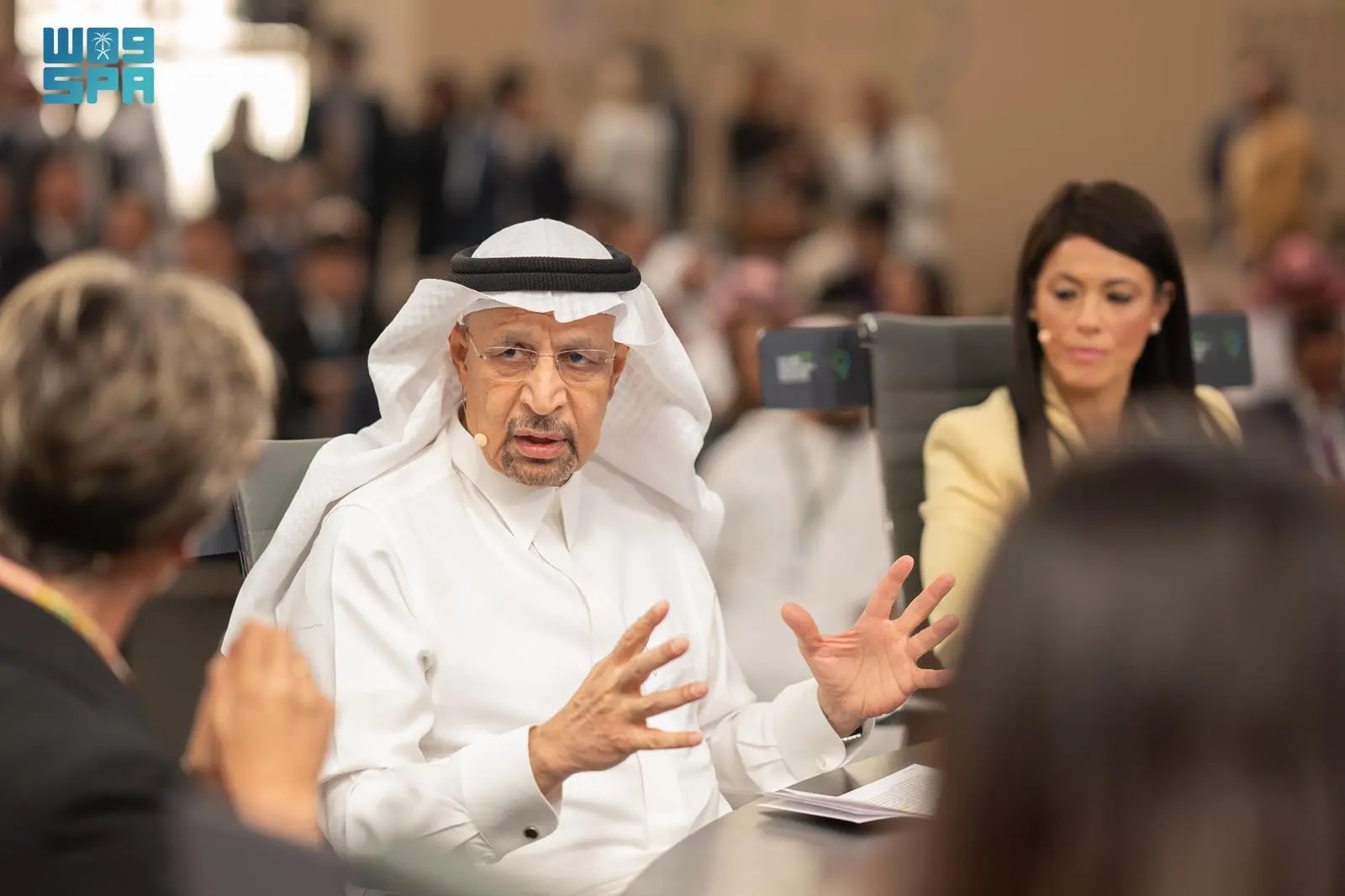
Investment Minister at FII9: Saudi Budget 40% Funded by Non-Oil Revenue as FDI Quadruples
Minister of Investment Khalid Al-Falih, speaking at the ninth edition of the Future Investment Initiative (FII9) Conference, revealed that foreign direct investment (FDI) in the Kingdom has quadrupled, surpassing its targets, and asserted that Vision 2030 has proven to be a reality, not merely a dream.
Participating in a dialogue session titled "Leaders of Public-Private Alliances," the minister detailed the economy's transition away from oil dependence. He stated that 40% of the Kingdom's budget and expenditures are now financed by non-oil revenues, and notably, 90% of FDI in the Kingdom is non-oil. He highlighted the substantial progress and transformation achieved across diverse, high-potential sectors, including advanced manufacturing, technology, tourism, entrepreneurship, deep technologies, and venture capital.
He stressed that the Kingdom’s large reserves and high stability have been key strengths, allowing it to successfully overcome significant global obstacles such as the COVID-19 pandemic, oil price declines, and regional tensions. Al-Falih pointed out that the non-oil economy has grown by 5%, and that the past two years have yielded numerous new and promising investment opportunities, specifically artificial intelligence and the acceleration of digital transformation. He confirmed that major national projects are advancing, with some nearing their opening phases.
Al-Falih concluded his remarks by underscoring the Kingdom’s strong belief in fostering robust government-private sector partnerships and collaborations with foreign investors, emphasizing its commitment to reducing trade barriers.
Other session participants noted that energy-related sectors are particularly promising and full of innovation that will build a better future for humanity. They affirmed that partnerships between the public and private sectors are crucial to achieving ambitious goals in a shorter timeframe. They emphasized the importance of harmonization between the two sectors to effectively confront challenges and shocks.
The participants indicated that a high degree of flexibility and operational efficiency would create many promising investment opportunities, bringing balance to the overall market. Finally, they underscored that governments must work to establish clear frameworks for the public and private sectors to pave the way for more cross-country investment opportunities.








